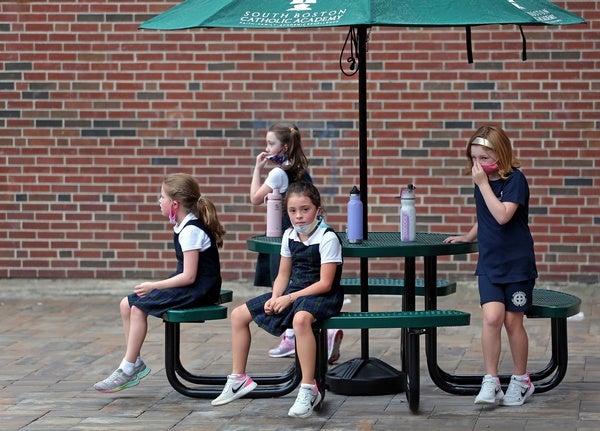|
 | ||||
| August 26, 2021 | ||||
 | ||||
| ||||
| ||||
| ||||
| ||||
| ||||
| ||||
| ||||
| ||||
| ||||
| ||||
| ||||
| ||||
| ||||
| LATEST ISSUES | ||||
| ||||
| Download the Scientific American App | ||||
|
Pankaj Sharma is one of the world's premier speakers on Leadership and Personal Mastery. As a presenter, Sharma has the rare ability to electrify an audience yet deliver uncommonly original and useful insights that lead to individuals doing their best work, teams providing superb results and organizations becoming unbeatable. Pankaj Sharma is also a Research Scientist.
|
 | ||||
| August 26, 2021 | ||||
 | ||||
| ||||
| ||||
| ||||
| ||||
| ||||
| ||||
| ||||
| ||||
| ||||
| ||||
| ||||
| ||||
| ||||
| LATEST ISSUES | ||||
| ||||
| Download the Scientific American App | ||||
|
A hilly landscape that looks like spiderwebs when viewed from orbit holds clues to the history of water on ancient Mars. Missions __ News...